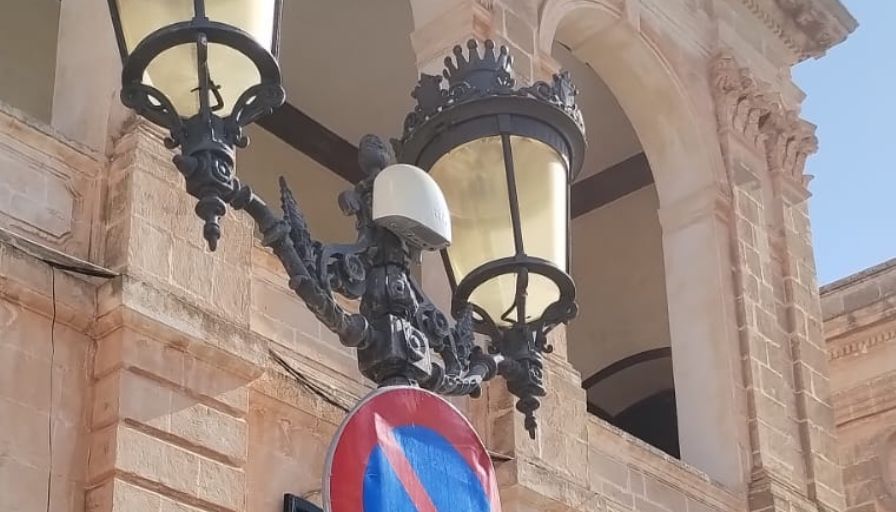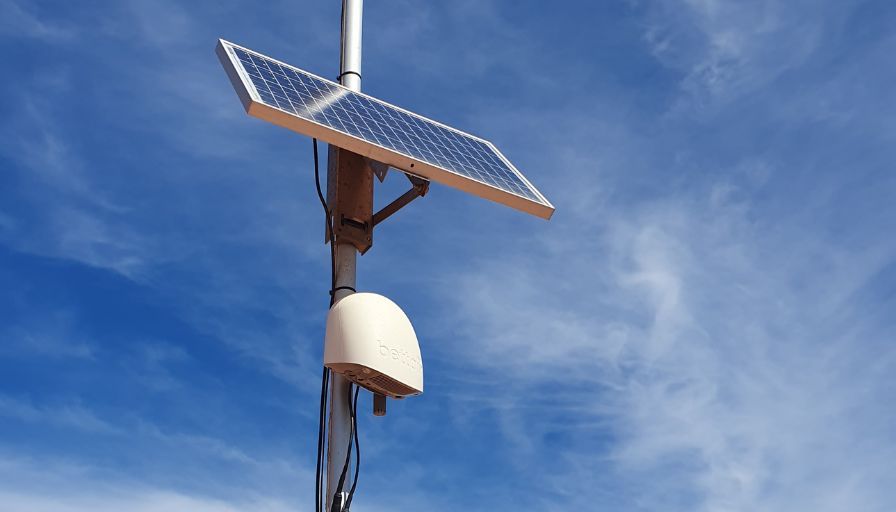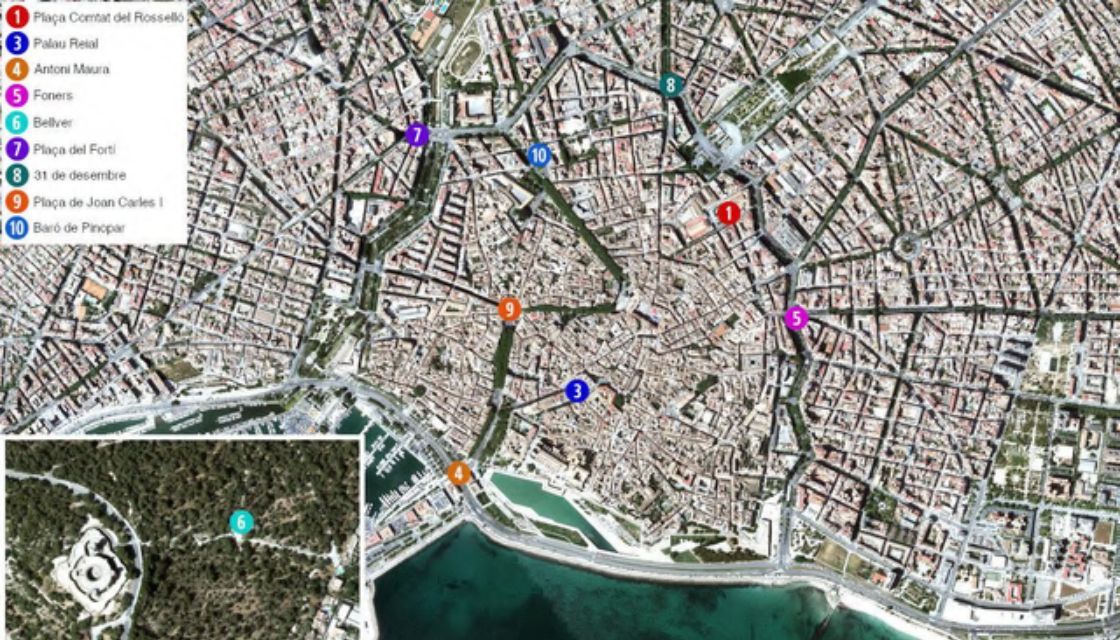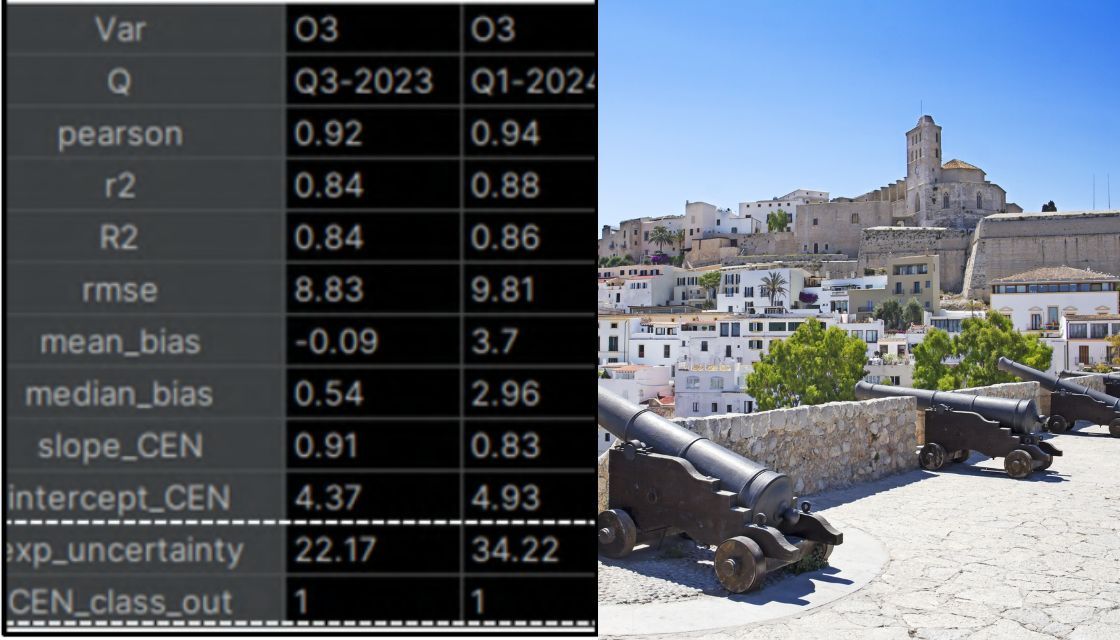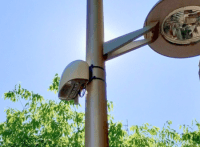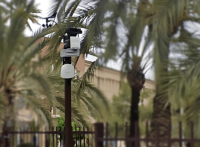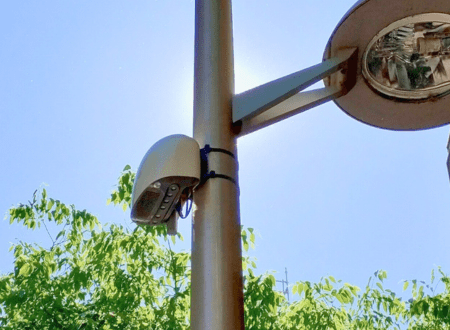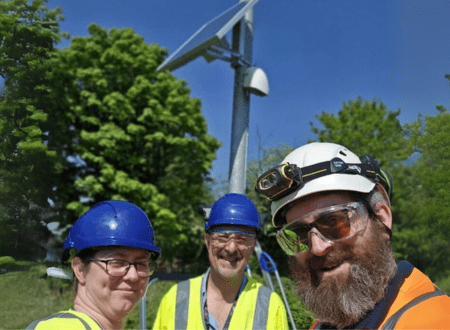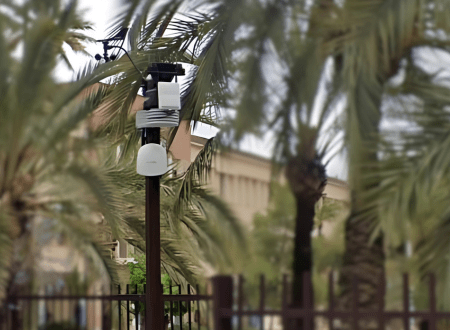Case Studies
Balearic Islands, Hybrid Regulatory Network
Balearic Islands Government | Operator ZBE city of Palma
Regulatory Networks
Challenge
The Balearic Air Quality Control Agency was looking to modernize its monitoring network to comply with the new Best Available Technologies (BAT) and the upcoming European Air Quality Directive.
Its goal was to deploy a hybrid system with reference stations and advanced sensors, which would allow it to expand coverage, maintain data accuracy and support urban policies such as the future Low Emission Zone (LEZ) in Palma de Mallorca.
Solution
To meet these objectives, dnota installed 10 Bettair nodes in the historic center of Palma. These sensors measure NO₂, NO, O₃, CO, PM₁, PM₂.₅, PM₁₀, as well as meteorological conditions. The strategically located nodes improve coverage and meet European requirements.
Tests with reference stations yielded an ozone uncertainty of less than 25 % and an R² greater than 0.85, confirming their reliability. An additional node was also installed at Palma Airport, consolidating the hybrid network that combines high accuracy and operational efficiency.
At a glance
· Red híbrida: 8 AQMS + 10 nodos Bettair.
· Compatible con LEZ a partir de enero de 2025.
· Cumple las normas CEN/TS 17660-1:2021 de precisión indicativa de la monitorización de gases.
Technologies in use
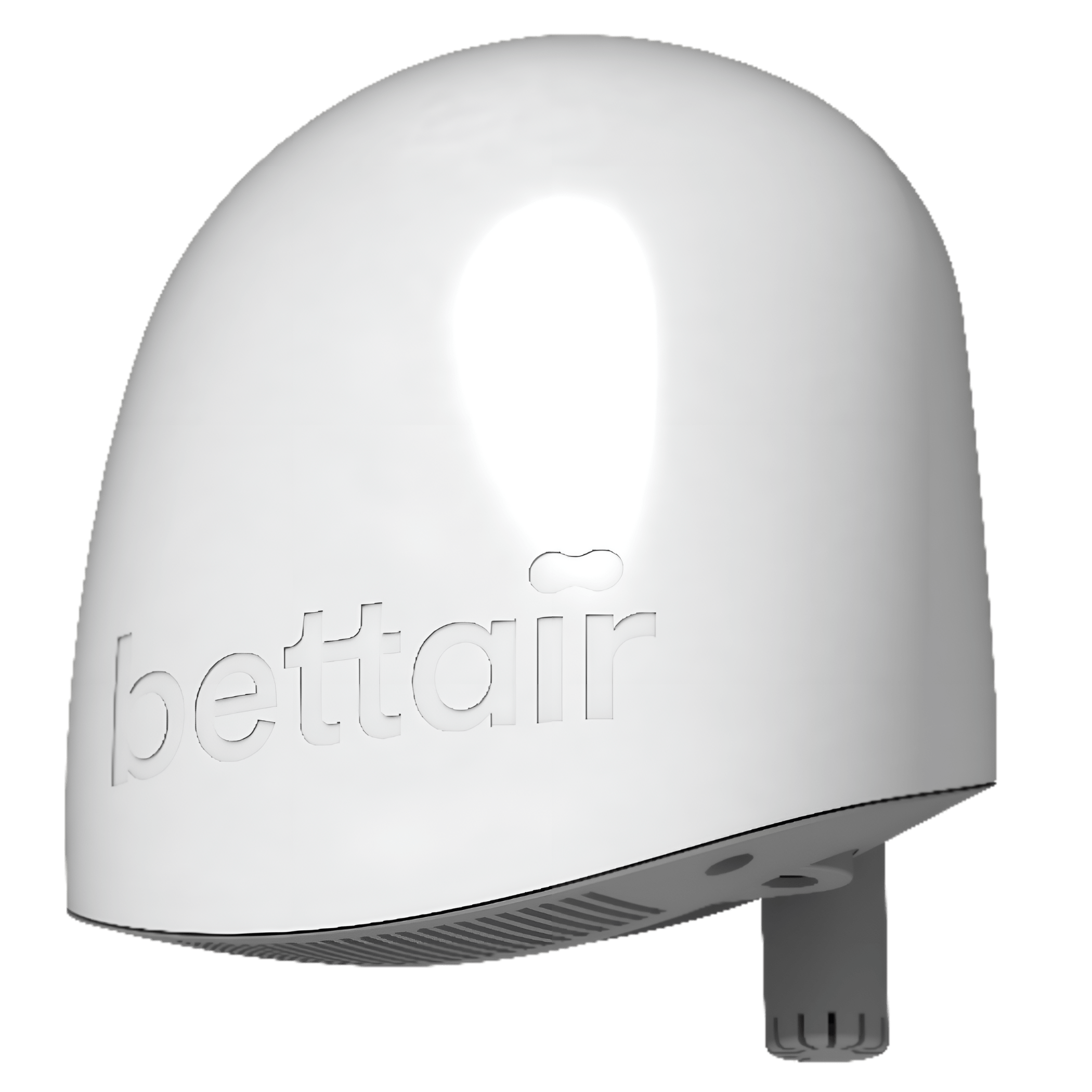
Bettair Stations
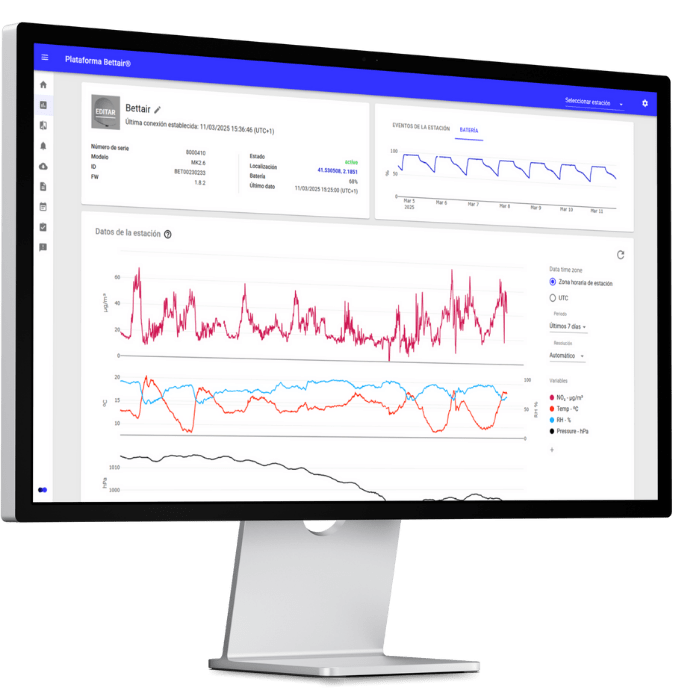
Bettair Platform

API Bettair
Outcomes
This project positioned the Balearic Islands as a benchmark in hybrid air quality monitoring, aligning with European regulations and supporting the implementation of the Low Emission Zone ( LEZ) in Palma de Mallorca. Its innovative approach sets a precedent in urban sustainability at the regional level.
Faced with the vulnerability of the Mediterranean to tropospheric ozone, authorities should implement improvement plans. Co-location tests demonstrated the reliability of the Bettair nodes, with an ozone uncertainty of less than 25 % and an R² greater than 0.85, meeting Class 1 and indicative monitoring standards.
The hybrid system complies with European standards and represents an efficient and cost-effective solution for air quality monitoring. Thanks to this technology, the region is consolidating its position as a leader in sustainable urban environmental management and in the intelligent use of state-of-the-art sensors.
Project details
- Date – 2023
- Location – Palma de Mallorca, Spain
- Sector · Regulatory Networks
- Enduser – Government of the Balearic Islands
- Products
– Compact stations
– SaaS Platform
– Anemometer
– API - Parameters measured
– NO2, NO, NOx, CO, O3 ppb
– PM1, PM2.5, PM10 ugr/m2
– Noise Temperature, Humidity, Pressure

